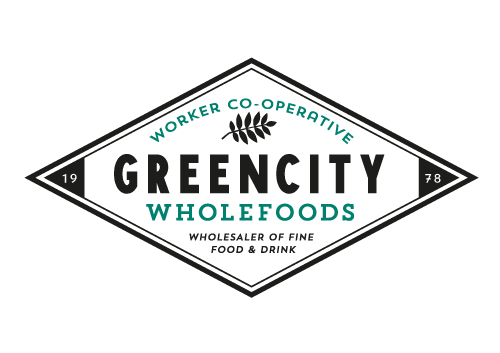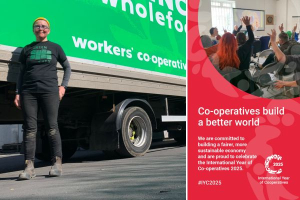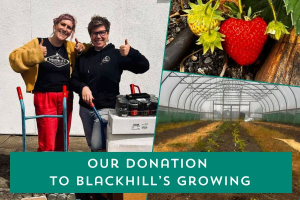
by Tess Davis, Greencity intern
The COVID-19 crisis has completely changed our way of life, including how we think about, access and purchase food. We have seen widespread panic behaviours such as stockpiling change how we view the food system, and a complete shift of our eating environments solely limited to a home setting. Therefore, it is not surprising that only 9% of people in the UK say they want a total return to ‘normal’ ( Financial Times). Looking forward, what long-term effects could we see in the general public’s purchasing preferences in the outbreak aftermath? We look at recent consumer statistics to see what current behaviours, if any, could be here to stay.

Behaviours at home

Since lockdown began, 90% of consumers surveyed in April said their shopping and cooking habits have changed, with 57% saying they now value food more highly ( The Guardian). This might have led to the average household spending a whopping extra £62.92 on groceries during March 2020, according to market analyst Kantar Worldpanel ( Which?), alongside other factors such as stockpiling, and less opportunities to purchase food outside of the home. In fact, the UK food market is forecast to grow 7.1% in 2020, which is £6.8bn up on the previous forecasted annual spend ( Global Data). In the future, the general public may continue to spend more money on groceries, as lockdown has given consumers time to think about, and become conscious of, the food choices they make.

Additionally home baking has taken off, with sales of flour up 92% in March compared to last year ( BBC); suggesting more people are buying food for recreational activities. If consumers are developing these skills, making food from scratch ( CNN), and spending more time in a kitchen environment, we might see more people choosing to make food at home after lockdown, as they now have a greater ability to do so.Furthermore, 27% said that they are now serving more accurate portion sizes at home, and 48% said they were throwing less food away ( The Guardian). If consumers are now adjusting their estimates of how much food to buy, this could have positive consequences for the environment by reducing unnecessary food-waste, and also plastic waste. If anything, this is the behaviour change we would like to see continue after the outbreak.
Valuing small business
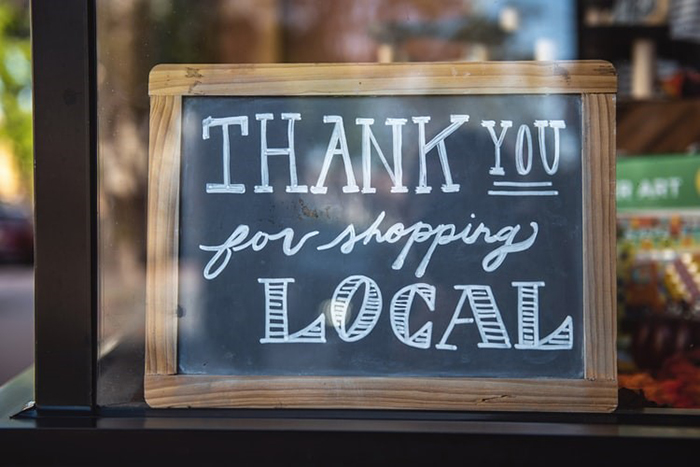
The pandemic has ultimately forced us to rethink who we value, and this extends to the businesses we give money to. Many small businesses in the food sector have either had to close in order to protect their staff, or have had to radically innovate their method of service by moving to operating as an online shop, and providing deliveries or collection options. However, local consumers seem to be supporting these efforts, with 32% of respondents saying they had shopped at independent stores more than usual since the start of the coronavirus outbreak ( Which?). Jo Whitfield, Chief Executive of Co-op Food says that local producers are seeing uplift in sales and will benefit beyond the coronavirus outbreak from a new customer base which will stay loyal ( The Guardian). With a greater sense of community and local values emerging during the crisis, supporting independent businesses is becoming the norm for many.
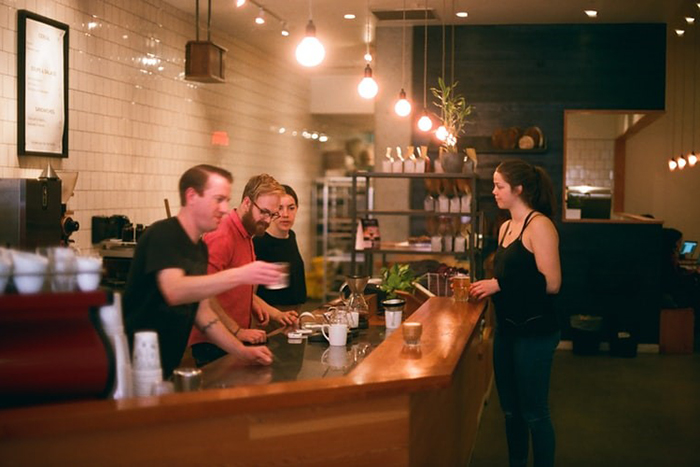
Furthermore, consumers are going to be more conscious about how a business conducts itself. Consumers will be more interested in where the food is sourced, the hygiene measures of the business, and making the customers feel appreciated, says Edwin Booth ( The Guardian). The efforts of many local businessmen and women to help out the community during the coronavirus, such as Asiyah and Jawad Javed who spent £2000 to supply face masks and antibacterial gel to the elderly ( The Independent), will likely be remembered and rewarded with custom long-term. On the other hand, scandals like the boss of pub chain JD Wetherspoon withholding staff pay created a widespread public backlash ( The Telegraph), which may deter customers when the pubs reopen. The question of ‘How did you treat your staff during the coronavirus pandemic?’ will be in the forefront of people’s minds for years to come.
It’s too early to tell what will happen in the aftermath, says Jonathan Bartley, co-leader of the Green Party ( GQ), but consumer behaviours emerging during the lockdown period look promising moving forward. The lockdown period has allowed consumers to evaluate their purchases from a different perspective, realising that supporting local supply chains are good for the climate, the planet and the economy. We hope that this pressure to change the way we spend our money will increase consumer consciousness in the long run.
Stay safe everyone.

